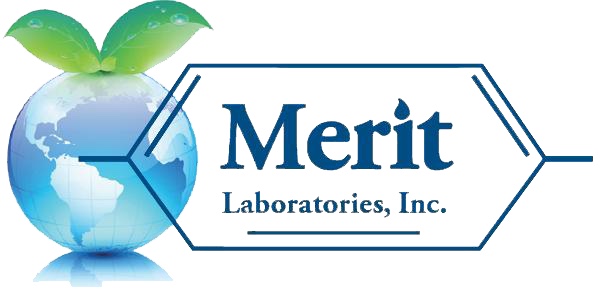The U.S. Army is joining forces with the U.S. EPA to target a new enemy: PFAS contamination in drinking water. The joint EPA-Army program announced in July will be focused on the sample collection and laboratory testing of private drinking water wells near nine army installations for PFAS. The program will be focused on identifying the potential impact of PFAS migration from installations to contaminate drinking water wells of nearby residents.
Wisconsin’s PFAS Action Plan Progress Report Issued
The Wisconsin PFAS Action Council published its 2022 PFAS Action Plan Progress Report in August. The progress report presented progress in the eight themes that are covered in the states PFAS Action Plan to address statewide PFAS contamination. A few of the highlights presented as accomplishments in the report include the implementation of new surface water and drinking water standards for PFOA and PFOS
PFAS Strategic RoadMap Released by EPA
The U.S. Environmental Protection Agency (EPA) announced the agency’s comprehensive Strategic Roadmap to address PFAS contamination nationwide. The EPA’s Roadmap focuses on three main strategies: Increase investments in research, Leverage authorities to take action now to restrict PFAS chemicals from being released into the environment, and
New Michigan Legislation for PFAS Exposure Signed by Governor
Michigan has some of the highest levels of PFAS in the United States. Throughout Michigan, many of the state’s streams, rivers, lakes, and drinking water have been contaminated by PFAS chemicals. To help mitigate future PFAS contamination, the State of Michigan has approved two new bills. Governor Gretchen Whitmer signed into law Michigan House Bills 4389 and 4390 on July 8 that regulate the use and reporting of PFAS-containing firefighting foam, including aqueous film forming foams (AFFF).
State of Michigan Awarded $1-Million CDC Grant to Study Health Outcomes from PFAS Contamination in Drinking Water
The Michigan Department of Health and Human Services (MDHHS) is the recipient of a $1-million grant to investigate the relationship between drinking water contaminated with PFAS and health outcomes. The grant was awarded by the Centers for Disease Control (CDC) and the Agency for Toxic Substances and Disease Registry (ATSDR).
Report from EWG shows that Chemical Manufacturers Knew of the Risks Associated with PFAS more than 60 years ago
As the nation’s PFAS contamination problem continues to grow, a report recently released by the Environmental Working Group states that PFAS manufacturers have known about the risks associated with these chemicals for more than 60 years. The report documents studies and internal memos with a timeline that begins in 1950. PFAS manufacturers 3M and DuPont are the focus of the report.
U.S. EPA Releases First-Ever PFAS Action Plan
The U.S. Environmental Protection Agency (EPA) released its PFAS Action Plan for addressing the Per- and Polyfluoroalkyl Substances (PFAS) challenges facing the nation. The PFAS Action Plan addresses short-term solutions for addressing PFAS and long-term strategies that will help provide the tools and technologies needed to provide clean drinking water and address PFAS prevention and contaminant control at the source.
Michigan PFAS Task Force Updates List of Sites with Confirmed PFOA and PFOS Detections
Michigan Developing PFAS Readiness and Response Plan
The State of Michigan is developing a readiness and response plan to coordinate quick response when PFAS contamination is identified. The plan is the result of an executive directive issued by the governor on October 2. Communities across Michigan are dealing with PFAS contamination issues that require expedited response to the health threats presented by PFAS compounds.












